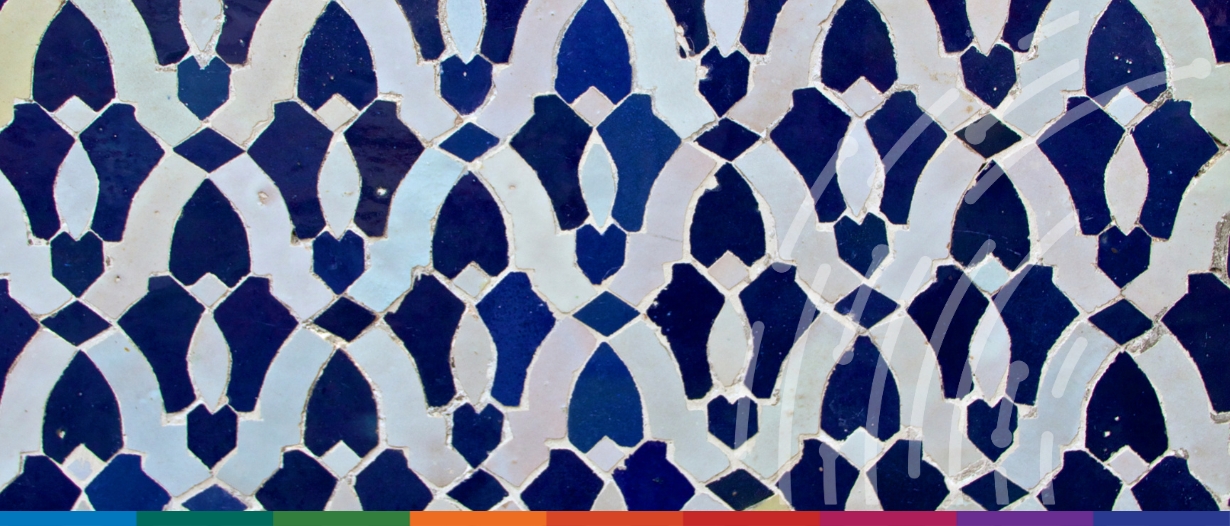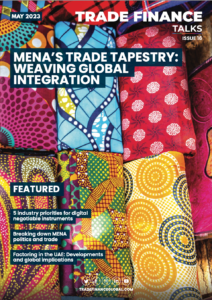Estimated reading time: 6 minutes
Empowered Arab women: Education investments as a catalyst for regional growth
The Arab region has seen significant progress in education, particularly for women, thanks to the ambitious Visions for 2030 and the United Nations’ Sustainable Development Goals (SDGs). Governments have prioritised education reform to break generational cycles of poverty, inequality, and stagnant economic growth, leading to Arab women excelling in education and driving regional prosperity.
Increased investment in education has resulted in higher literacy rates and enrollment for women, with Arab women now surpassing men in primary, secondary, and tertiary education.
Women in the Middle East and North Africa (MENA) region account for 57% of STEM graduates, outperforming their counterparts in the United States and Europe. These achievements highlight the commitment of governments to ensure inclusive and quality education for all (SDG 4).
As Arab women attain higher education levels, they are breaking gender barriers and advancing in previously male-dominated professions. They now hold high-level leadership positions across various sectors, including finance, aviation, business, technology, academia, research, and STEM careers.
Arab women are also increasing their presence on corporate boards and in executive leadership positions, with 32% of family-owned companies in the Gulf having female board members.
Entrepreneurship is another area where Arab women are excelling, as they opt for business ownership over traditional employment. Governments are investing significantly to improve the rate of women-led businesses in the MENA region, which currently stands at 5% compared to a global average of up to 26%.
Though the numbers are still low, this trend is inspiring the next generation of young Arab women business leaders and fueling innovation and social enterprise.
However, it is essential to recognise the varying experiences of women across the Arab region. While labour laws and entrepreneurial environments in the Gulf Cooperation Council (GCC) states are largely gender-neutral, women outside the GCC often struggle to navigate bureaucracy, access finance or training due to legal and regulatory frameworks.
Additionally, Arab women are particularly active in the agricultural sector, maintaining regional rural economies and food security. However, their contributions are often downplayed and not fully recognised.
Another challenge facing women in the MENA region is their over-representation in public employment, which limits the growth of the small and medium-sized enterprise (SME) economy. In some countries, women’s employment in the private sector averages only 20% or less, pointing to the need for further reforms and initiatives to support women’s private sector economic participation.
In conclusion, investment in education in the Arab region has enabled Arab women to excel academically and professionally, driving societal and regional progress towards the Global Goals. Supporting and investing in the education and empowerment of Arab women is crucial to unlocking the region’s full potential for growth and development. Though there has been notable progress, this is only the first step, more initiatives are needed to further women’s participation in the private sector.
Arab women in politics: Shaping a more equal and prosperous future

Arab women’s progress in education and the economy has led to a parallel rise in their political and parliamentary representation. They have ascended in the legal profession, judiciary, and diplomatic roles, promoting women’s voices in societal development and the international community.
As Arab women serve as governors, ambassadors, and diplomats worldwide, their engagement in political structures and legislative processes becomes crucial for long-lasting empowerment across all sectors.
Despite these advancements, the overall rate of parliamentary participation for women in Arab states stands at 18.6%, compared to Europe’s 30% and Asia’s 21%.
The UAE leads the way with 50% representation, followed by Egypt (28%), Iraq (29%), and Morocco (23%). In contrast, Algeria (8%) and Lebanon (5%) lag behind. Morocco boasts gender-progressive laws, while Saudi Arabia has made substantial progress, with women holding 20% of parliamentary seats and 30 Shura Council seats.
The increase in women’s representation in Arab parliaments has correspondingly improved their legal rights and positions. However, Arab women still face universal constraints on political participation and are underrepresented in ministerial positions, far behind the 16% global average share of female ministers in 2022. Cultural resistance hinders their ability to fully exercise agency in public life.
Looking ahead, we should be proud of Arab women and hopeful for a more equal, prosperous future where women are leaders and powerful forces for change. Challenges remain, many of which are universal and not exclusive to the MENA region. Women’s economic inclusion and equality are global issues, affecting every region and economy.
Female labour-force participation in the Arab world is the lowest globally, at 18%. Societal norms and traditions limit women’s opportunities, often confining them to family and household care.
Many women graduate from universities but do not enter the workforce for the reasons above. Those who do choose to pursue careers often struggle to progress beyond entry or mid-career levels, particularly after starting families. Additionally, legislation is not always implemented effectively, and region-wide challenges include inadequate support after career breaks, lack of flexible working models, and barriers to finance and networking opportunities for female entrepreneurs.
Steps to promote equity for Arab women
To overcome these challenges, we must work together across borders, connecting and learning from each other to break down stereotypes and address the obstacles faced by female entrepreneurs.
We need inclusive legislation, policies, and programs that work for women and families, and education systems that inspire graduates to pursue their passions and tackle development challenges. Entrepreneurship and digital jobs hold great potential for Arab women, who are breaking new ground in technology, digital marketing, advertising, and e-commerce.
Governments, the private sector, civil society, and women entrepreneurs must collaborate to create a stable environment for innovation and creativity in the digital economy. This collaboration entails fostering an innovation culture, STEM education, digital literacy, and cooperation between universities, the private sector, governments, and international development institutions.
The challenges to women’s economic inclusion and entrepreneurship are universal, but by working collaboratively and collectively, we can overcome these barriers and support each other in building bridges and businesses, shaping a more equal and prosperous future for all.
In conclusion, empowering women in all spheres, particularly in the economy and entrepreneurship, is essential for achieving global development, prosperity, peace, and progress.
Women’s empowerment is not only morally right but also an economic imperative. Women serve as engines of economic growth, and their empowerment benefits families, communities, and economies. With increased awareness and commitment, we can break down barriers and achieve gender diversity in the Arab workforce, fostering a better world for all.











































